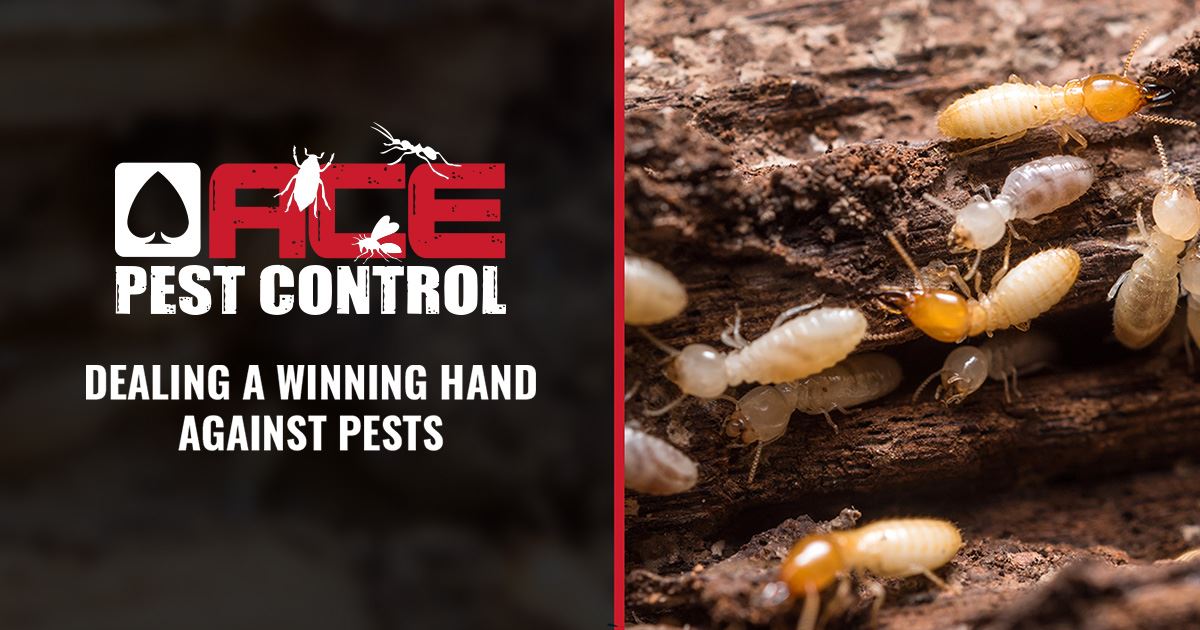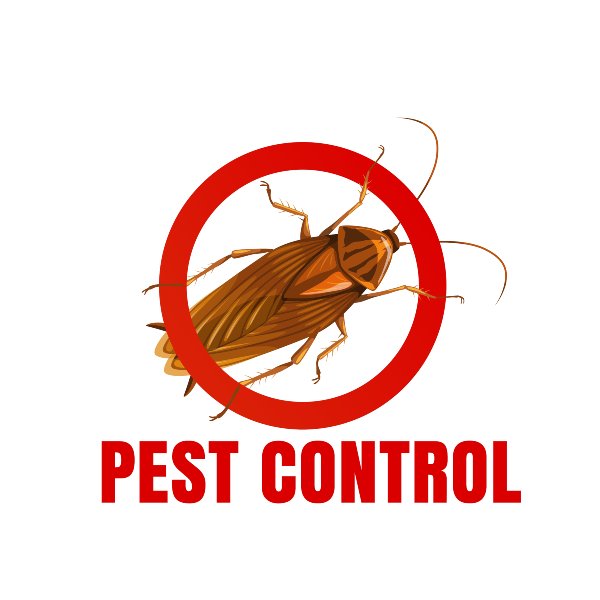Chicago Wasp Nest Removal Experts: Fast and Reliable Solutions for Your Pest Problems
Discovering Numerous Approaches and Strategies for Comprehensive Insect Control in Residential Spaces
The landscape of pest control in household rooms has developed dramatically, demanding an extensive understanding of numerous approaches that can be employed for reliable administration. Conventional chemical treatments, while efficient, are significantly being complemented by environmentally friendly options and Integrated Parasite Management (IPM) methods. House owners must consider preventative steps, such as regular tracking and exact insect recognition, to maintain a healthy and balanced setting. The genuine difficulty lies in striking an equilibrium between effectiveness and safety and security-- an exploration that reveals the subtleties of each strategy and its ramifications for sustainable living.
Understanding Pest Control Fundamentals
Reliable insect control is essential for preserving a healthy and balanced and risk-free living setting. Understanding the essentials of pest control involves recognizing the sorts of pests that frequently get into property rooms, the prospective risks they present, and the importance of preventive actions. Common household pests consist of rodents, pests, and various other undesirable creatures that can compromise hygiene, damage residential property, and set off wellness problems.
A critical initial step in insect control is recognizing the particular bugs existing. This can involve examining areas such as basements, attics, and cooking areas, where pests are most likely to thrive. As soon as identified, it is crucial to comprehend their practices, breeding cycles, and preferred settings, which can educate proper control strategies.
Preventative measures are essential to efficient parasite monitoring. These include sealing access points, keeping tidiness, and minimizing mess to get rid of hiding spots. Furthermore, proper food storage and waste management can considerably decrease the attraction of a home for parasites.

Conventional Chemical Treatments
Among the various parasite control techniques, typical chemical treatments have actually long been used to attend to problems in household areas. These therapies commonly include the application of chemical pesticides developed to remove bugs such as insects, rodents, and other unwanted microorganisms. The performance of these chemicals can vary, depending on the kind of pest, the solution of the pesticide, and the method of application.
Common classes of traditional chemical treatments include pesticides, fungicides, herbicides, and rodenticides, each tailored to deal with certain bugs. Insecticides, for instance, may target ants, termites, or roaches, while rodenticides are particularly developed to control rodent populaces. These chemicals are frequently offered in various types, including sprays, granules, and lures, allowing house owners adaptability in application.
Regardless of their performance, conventional chemical treatments increase worries concerning potential toxicity to people, pets, and beneficial microorganisms in the atmosphere. For that reason, it is essential for house owners to very carefully follow application guidelines and safety and security preventative measures to minimize dangers. Integrated Parasite Management (IPM) methods can enhance these therapies, making sure a more all natural method to pest control while making best use of effectiveness and security in residential settings.
Eco-Friendly Bug Control Options
Environment-friendly bug control options are obtaining appeal as house owners look for much safer and more lasting choices to standard chemical therapies. These methods prioritize the wellness of both citizens and the atmosphere, lessening the influence of insect control methods.
One widely taken on green approach is the use of all-natural repellents originated from vital oils, such as pepper mint and citronella. These oils not only discourage parasites however also provide enjoyable fragrances for indoor rooms. Diatomaceous earth, a powder made from fossilized algae, acts as a natural insecticide by harming the exoskeletons of pests upon contact, leading to dehydration.
An additional effective strategy involves promoting biodiversity in yards and yards. Presenting useful bugs, such as ladybugs and lacewings, can normally regulate pest populations (Chicago pest control for restaurants). Additionally, utilizing catches made from eco-friendly products can help record and eliminate bugs without creating damage to the environment
Routine maintenance, such as securing access factors and appropriate cleanliness, additional boosts the performance of green parasite control. Homeowners can take proactive actions to stop invasions, ensuring a more sustainable living setting while successfully managing pest-related problems.
Integrated Bug Administration Strategies
Applying integrated parasite administration (IPM) methods offers a detailed approach to pest control that highlights avoidance and long-lasting options. IPM incorporates multiple tactics, concentrating on understanding bug behaviors, life process, and eco-friendly characteristics to lessen bug populaces successfully. This diverse method prioritizes non-chemical techniques, such as organic control, environment control, and social techniques, to decrease reliance on pesticides.
A fundamental aspect of IPM is monitoring and identifying parasites accurately. This involves normal evaluations and the facility of action thresholds to establish when intervention is needed. By comprehending the details pests influencing household atmospheres, targeted interventions can be used, decreasing the likelihood of unnecessary chemical applications.
Another important part of IPM is informing property owners concerning the significance of sanitation and maintenance methods. By fostering an atmosphere that prevents pest problems-- such as sealing entry points and handling moisture-- locals can substantially mitigate the risk of pest troubles. Furthermore, when chemical controls are regarded essential, IPM supporters for the usage of the least hazardous choices to decrease ecological influence. Via these methods, IPM not just addresses existing insect issues however also cultivates sustainable practices that promote long-lasting insect management success.
Preventative Procedures for House
To repel possible bug infestations, home owners need to take on a positive strategy that stresses preventative actions. This starts Resources with maintaining a clean and well organized space, as mess and food debris attract insects. Preventative pest control services Chicago. Frequently vacuuming, sweeping, and wiping down surface areas can considerably reduce the risk of infestations
Furthermore, securing entry factors is critical. Home owners ought to inspect windows, doors, and foundation splits for see spaces that can permit parasites accessibility to the home. Making use of caulk and weather stripping can successfully obstruct these entryways.
Correct food storage space is one more important action. Keeping food in impermeable containers and quickly tidying up crumbs or spills aids hinder rodents and bugs.
In addition, handling outside settings can prevent insects from intruding on domestic areas. House owners should make sure that water drainage systems are working well, and landscaping is maintained neat. Cutting trees and shrubs away from your house and eliminating standing water can further lessen bug habitats.

Verdict
To conclude, effective pest control in domestic spaces necessitates a diverse strategy that integrates traditional chemical treatments with environment-friendly methods and Integrated Insect Administration techniques. By prioritizing preventative steps, such as maintaining tidiness and securing access points, property owners can significantly reduce bug incidents. Regular monitoring and exact parasite identification further enhance administration efforts. Eventually, a well balanced method that incorporates all-natural repellents and least poisonous chemicals fosters a secure and healthy and balanced living environment while addressing pest-related obstacles.
Understanding the basics of insect control entails recognizing the types of bugs that typically attack property rooms, the prospective threats they posture, and the importance of preventive procedures.A crucial helpful resources first action in pest control is recognizing the specific parasites present. Integrated Pest Management (IPM) strategies can match these therapies, making certain a much more alternative technique to pest control while making best use of efficacy and security in household settings.
Implementing integrated bug monitoring (IPM) approaches supplies an extensive approach to pest control that highlights avoidance and long-lasting services.In conclusion, reliable bug control in property areas requires a diverse method that combines conventional chemical treatments with environmentally friendly techniques and Integrated Bug Administration methods.